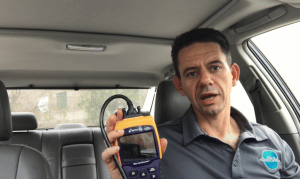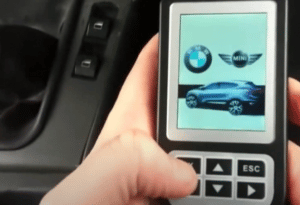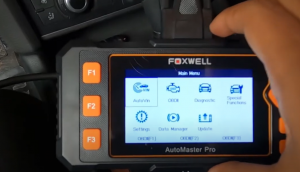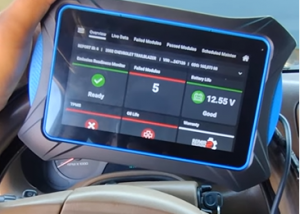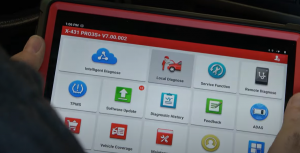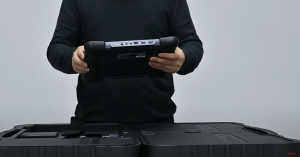Actron CP9690 Elite Review (Advance Features & Comparison With Innova 5410)
The inspections of the vehicles are pretty frustrating for the people who don’t have the right tool. The reason is that they have to visit the mechanics now and then. If you are facing the same problem, then there is no need to worry. Actron CP9690 Elite is the only tool that you need for the garage. There are many automated cars nowadays; you can scan them within minutes and see their performance and faults. This Actron elite scanner is one of the best in the market. So many features of this scanner make it … Read more

